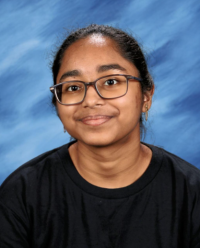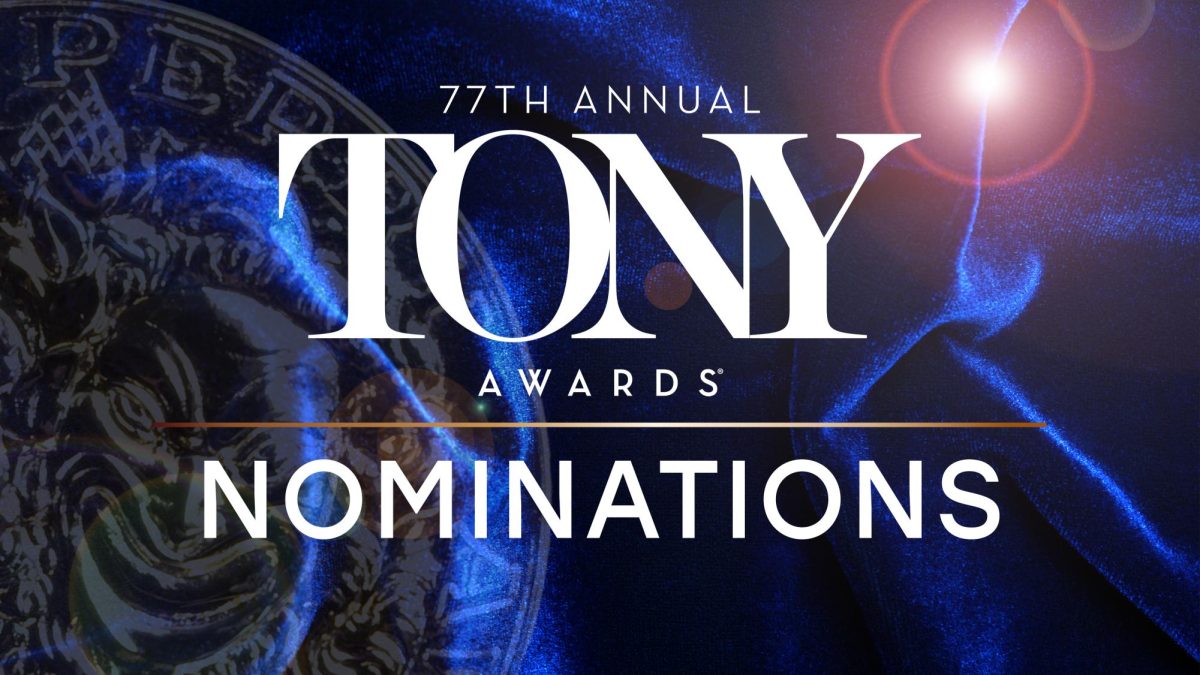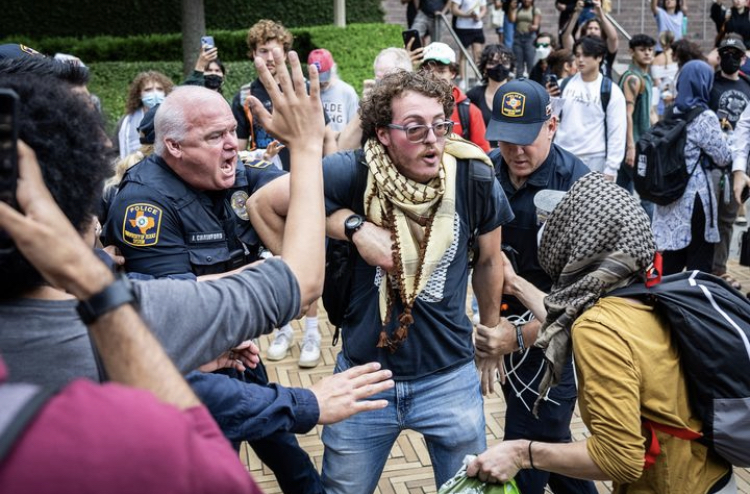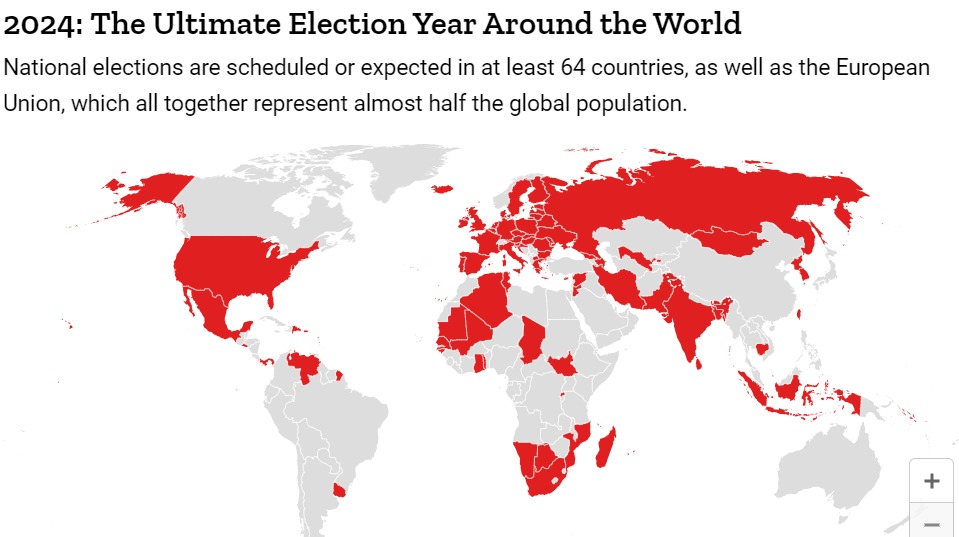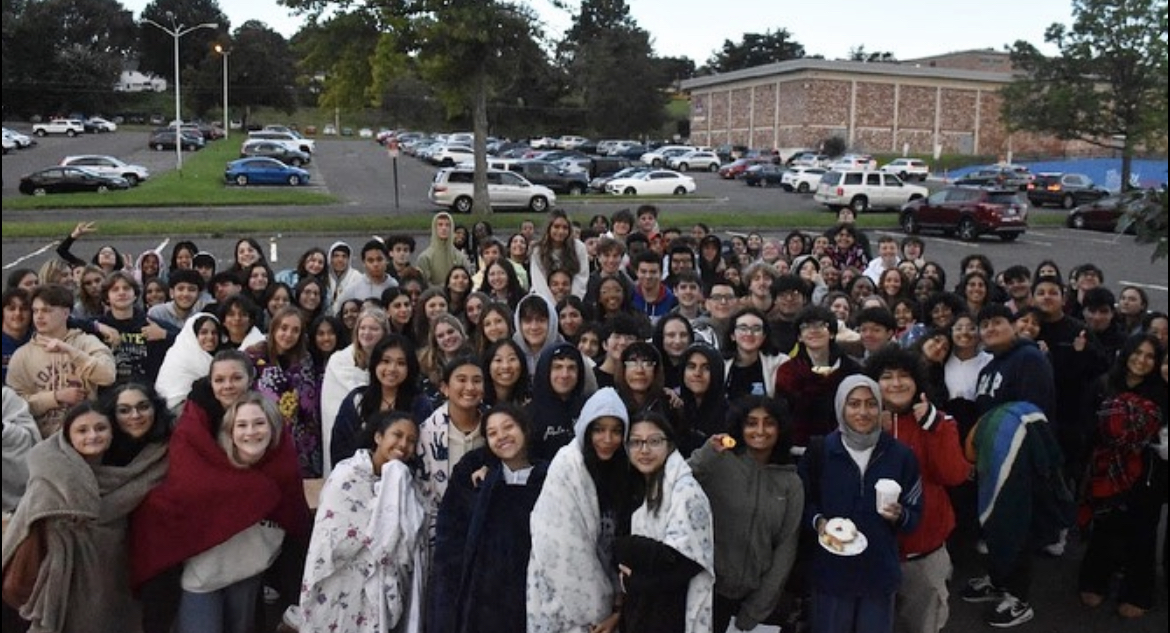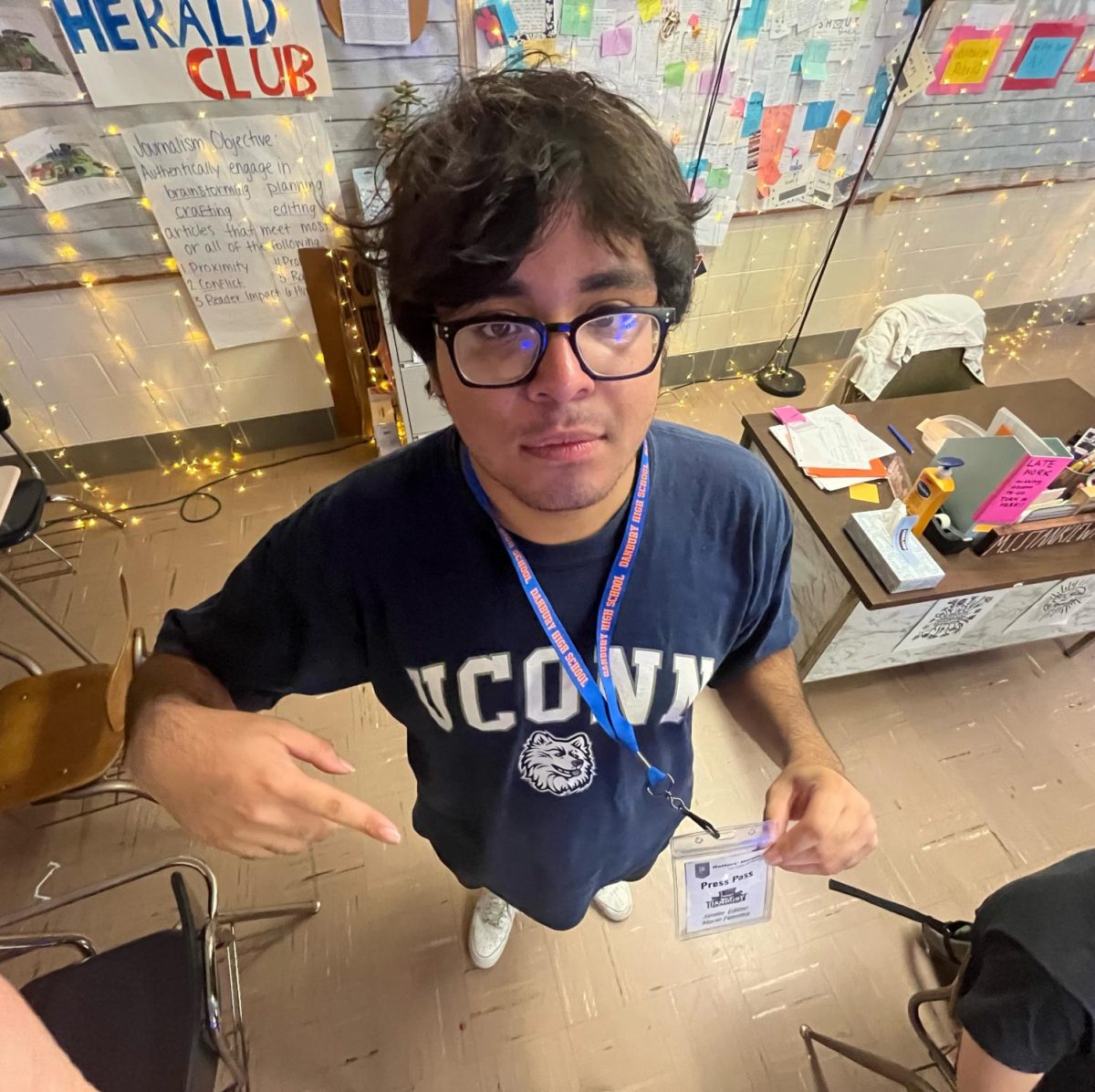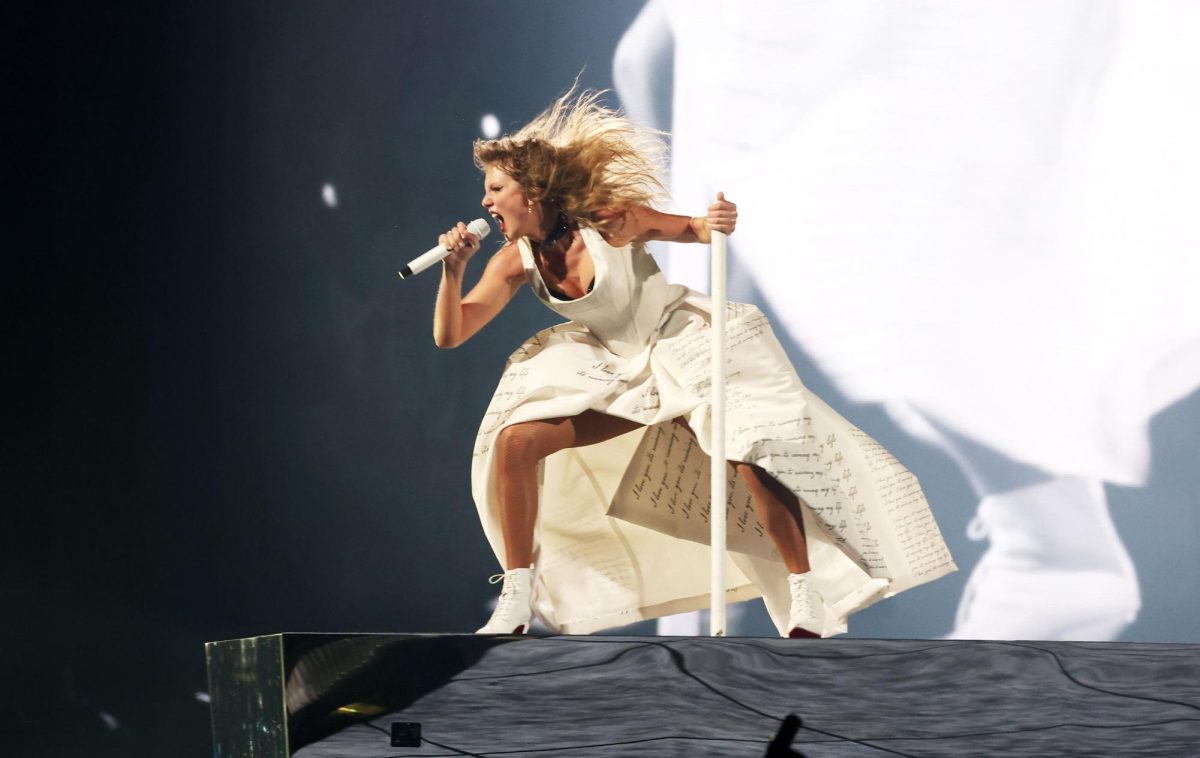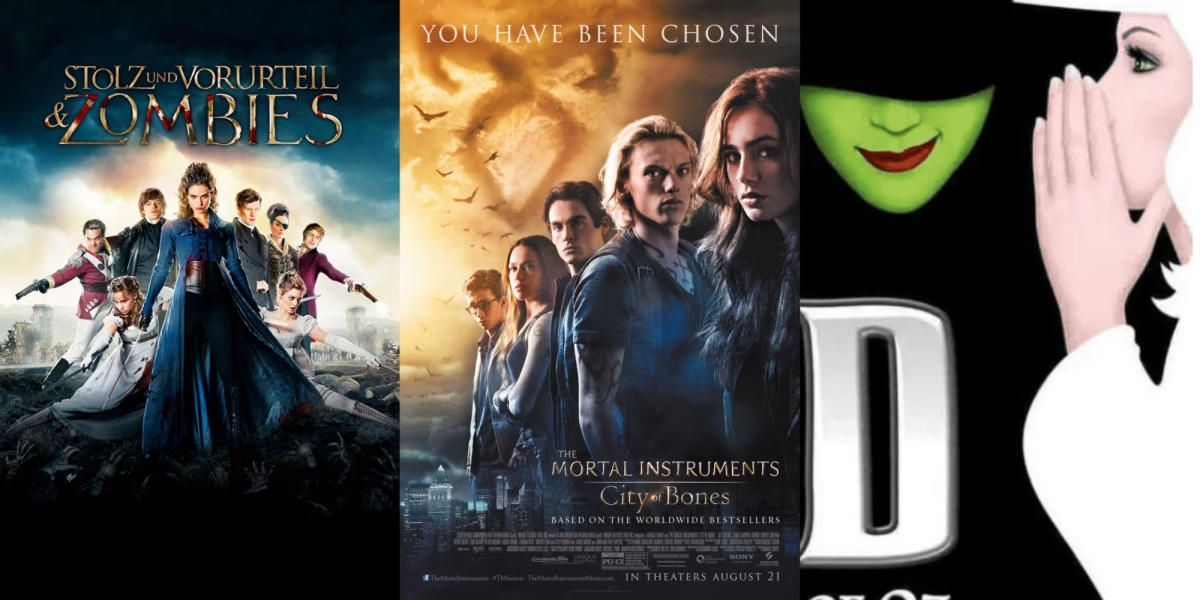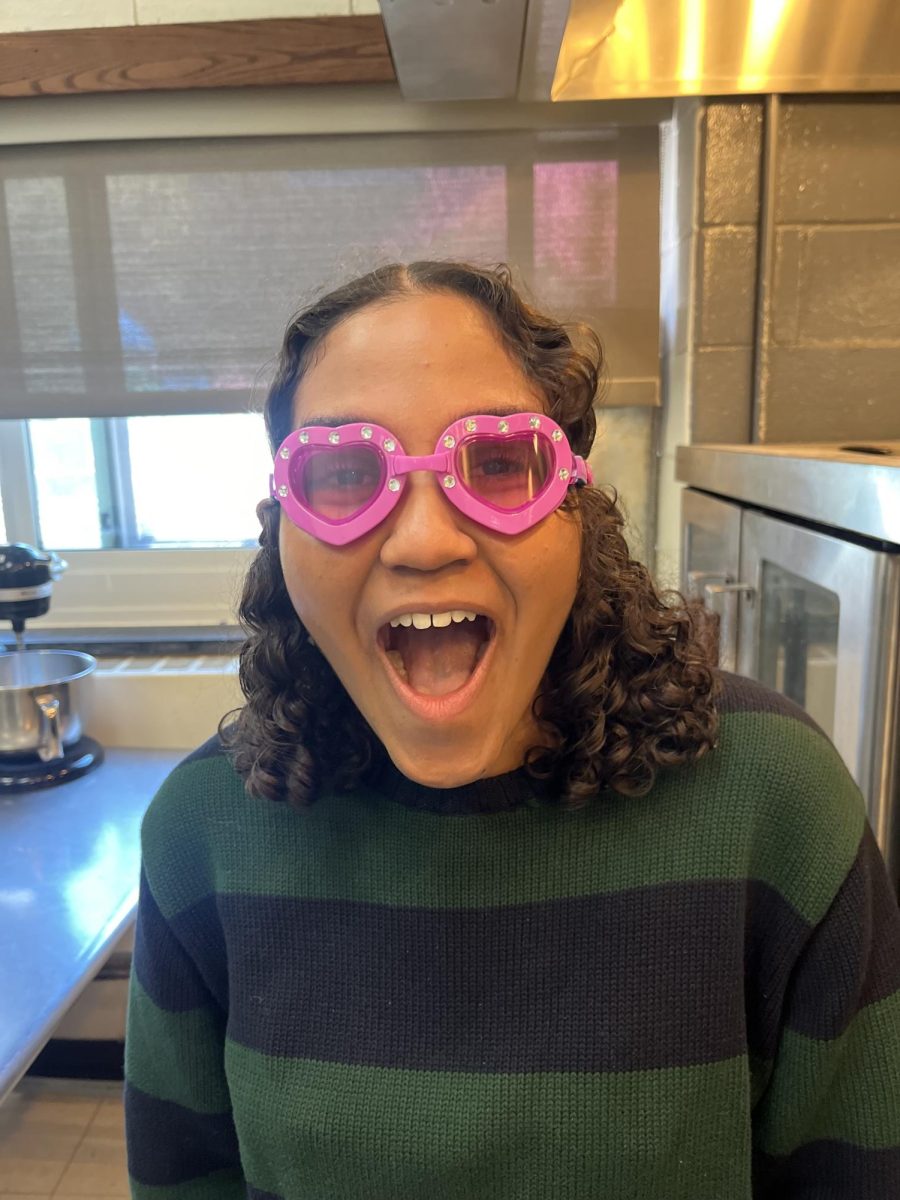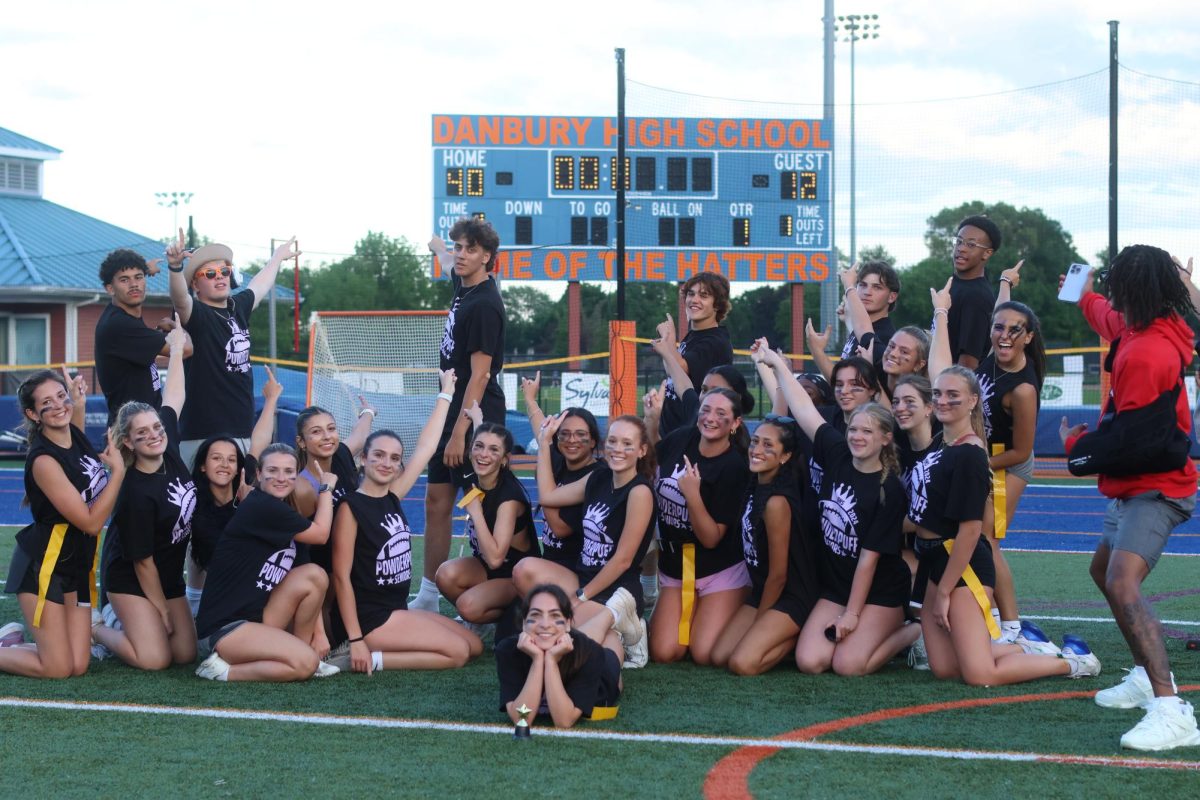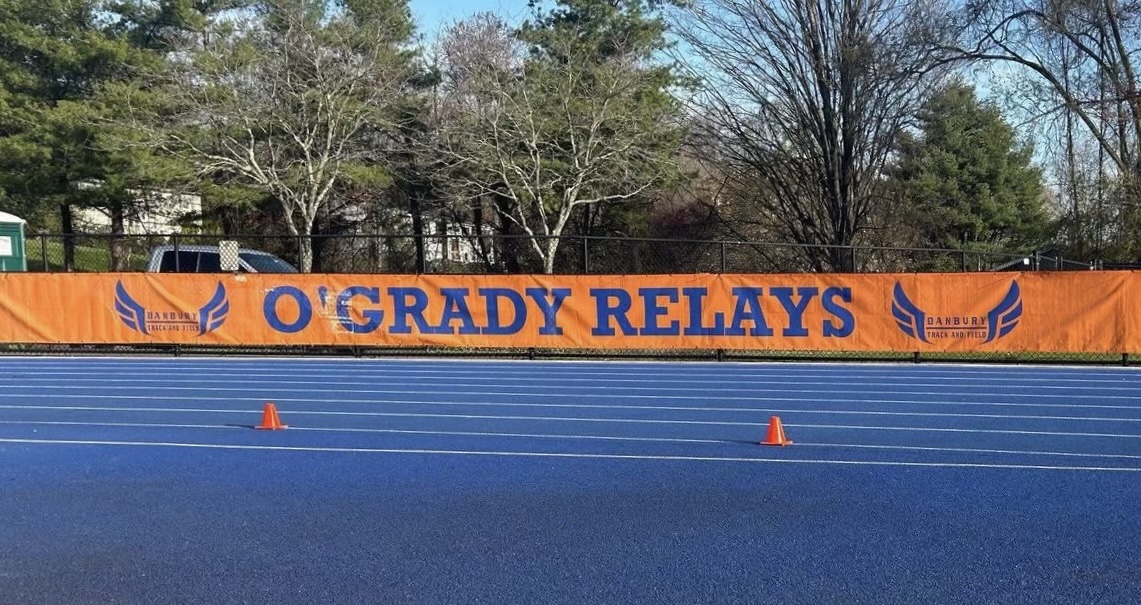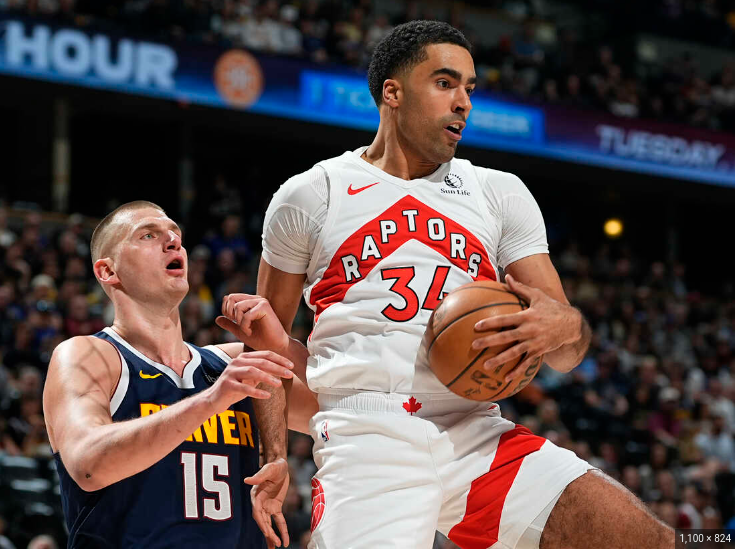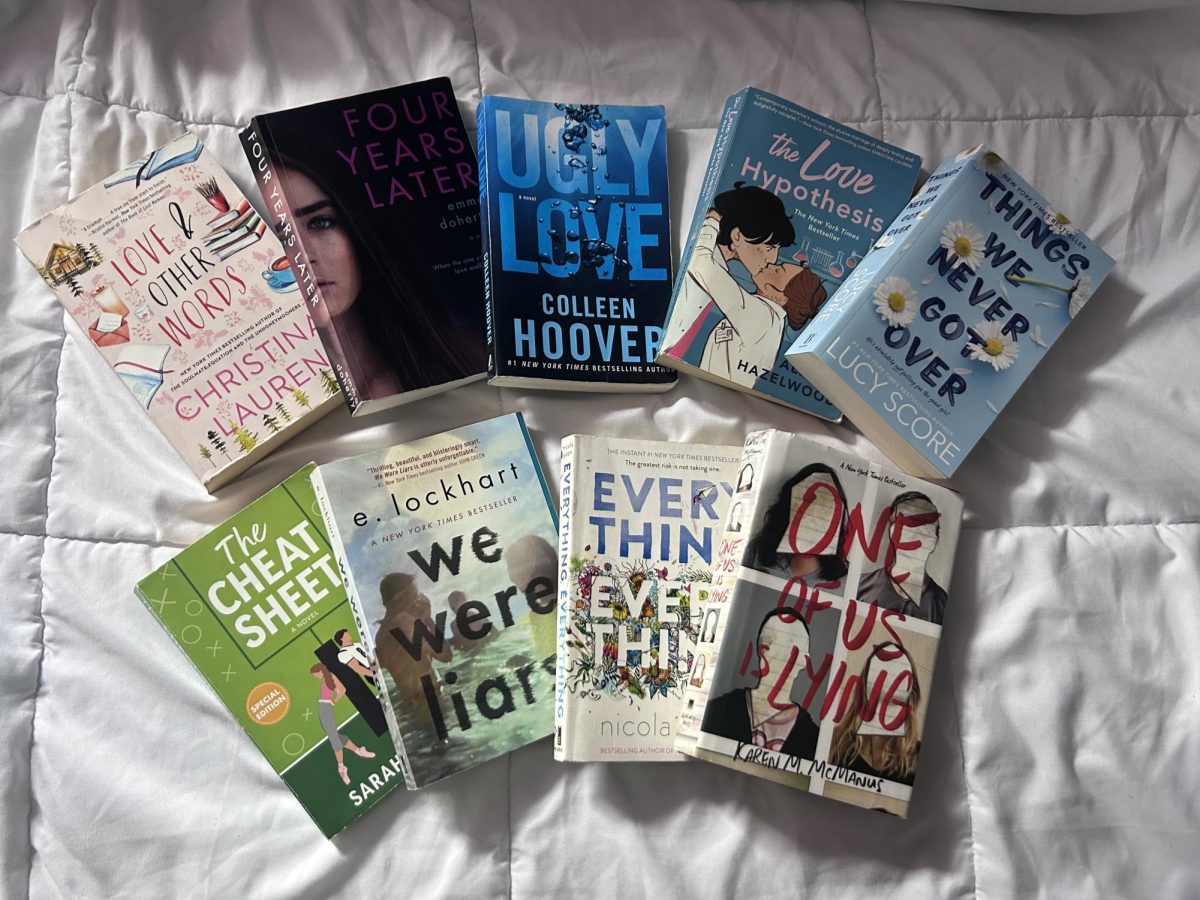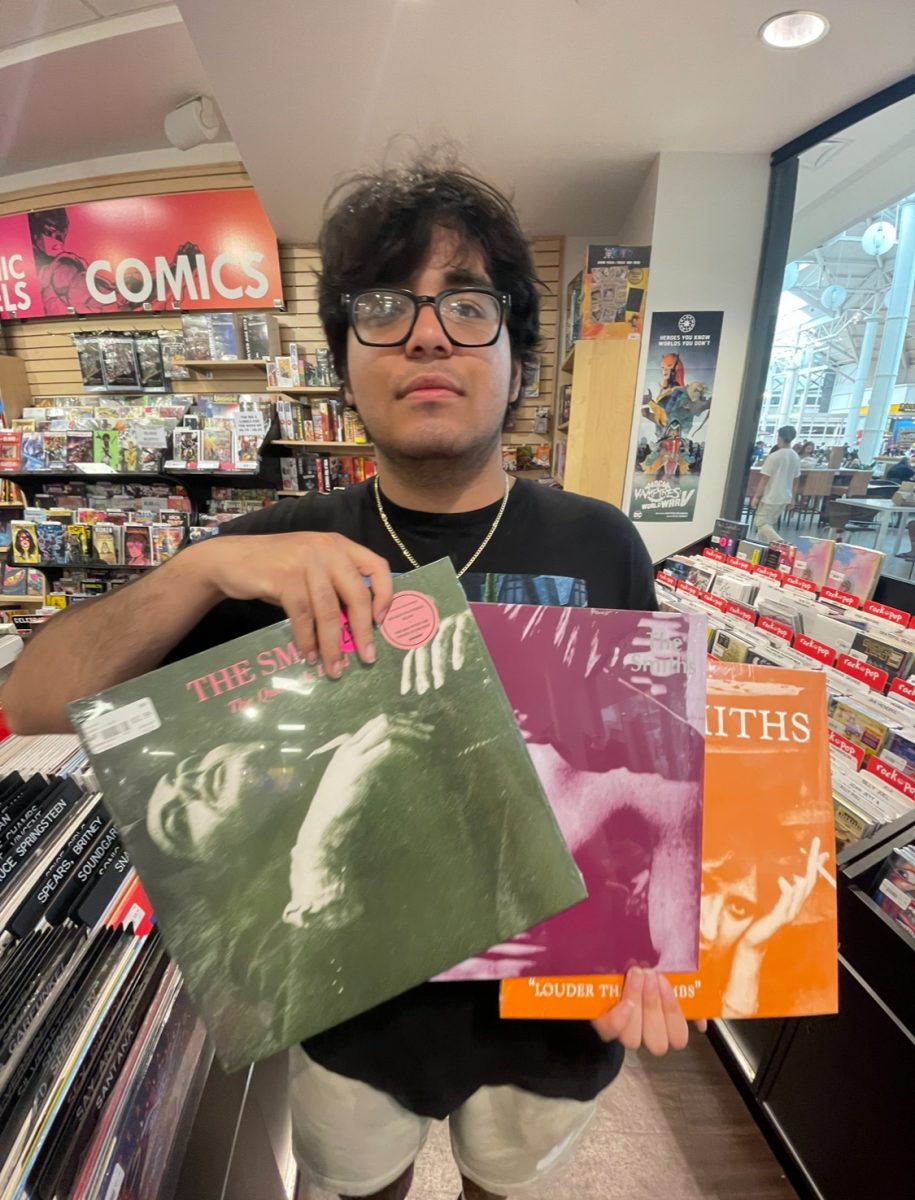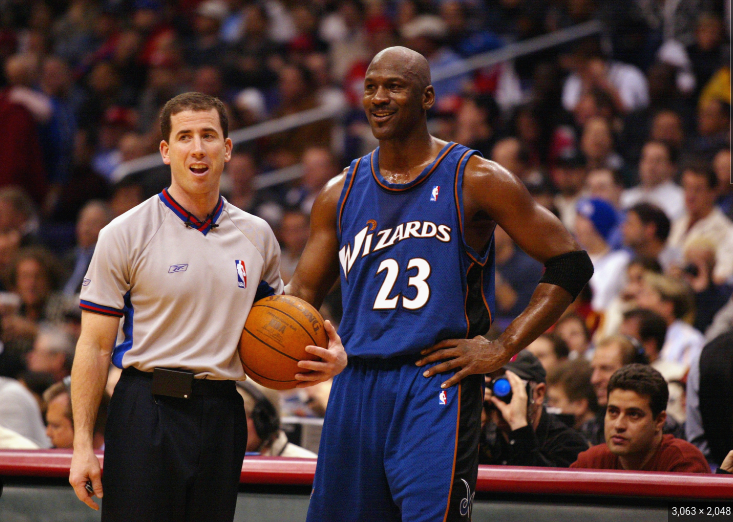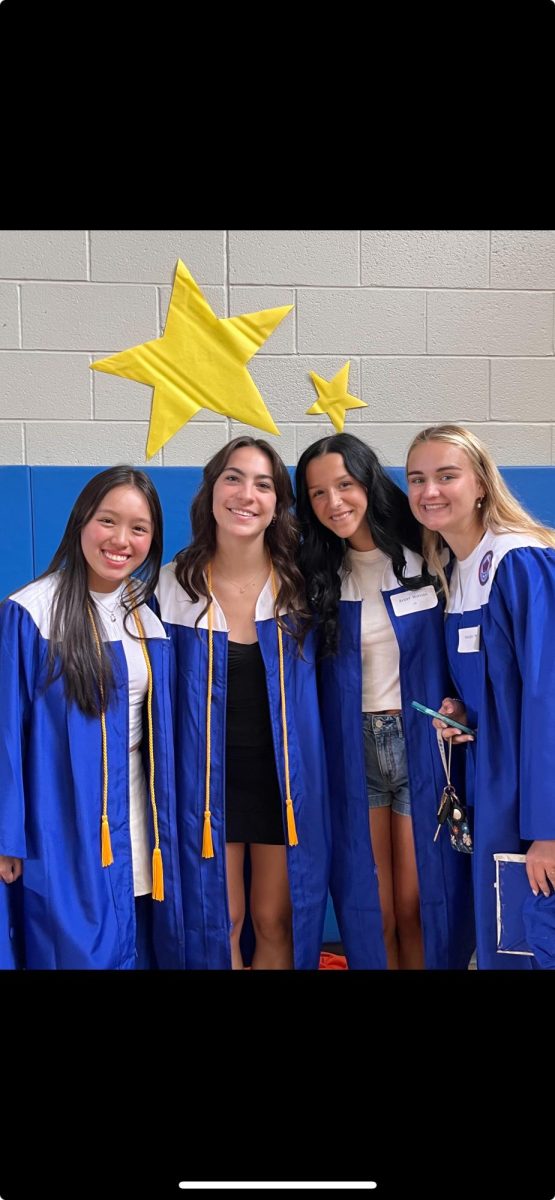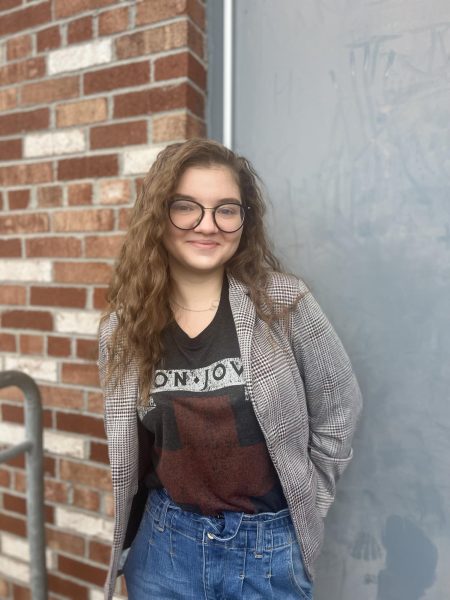Conversations surrounding reparations, apologies, and growth are difficult ones and it’s easy to understand why so many people have different opinions on how to handle these situations. As many of these conversations come at the intersection of complex identities, it’s understood that sensitivity and nuance must be brought to these conversations. All surrounding the question: how do we make up for the wrongdoings of the past?
Many reflect on this question during a discussion about the 96th Academy Awards where it’s predicted that Indigenous actress, Lily Gladstone will take home the Best Leading Actress award. The historic nomination comes after a breathtaking performance in Martin Scorceses’s three three-hour three-hour-long epic Killers of the Flower Moon. Gladstone is of Piegan Blackfeet and Nez Perce Heritage and was raised on the Blackfeet reservation. She began acting in indie films but her breakout role resulted in the first nomination in this category for someone of indigenous heritage. Regardless of whether Gladstone wins, her nomination sparked a conversation about the Oscars and its relationship with the indigenous people in America.
In 1973, Marlon Brando won the Oscar for Best Actor for his role in the coveted classic: The Godfather, where his win differed from many others that night when Brando boycotted the ceremony, joining the American Indian Movement who were protesting over the siege on Wounded Knee. Brando, who was the favorite to win, sent Sacheen Littlefeather to give a speech when his name was called.
Sacheen Littlefeather was an indigenous activist who had met Brando through Godfather director: Francis Ford Coppola. As she took the stage the crowd began to boo relentlessly. Brando had originally written a speech that was over 700 words long but producer Oscars Howard W. Koch reportedly told Littlefather she couldn’t read all of that. Littlefeather has also said that Koch told her if she took longer than sixty seconds she would be “taken off stage and arrested.” After her speech, she walked off stage and read the full speech to the press. Her speech also impacted other awards that night where Clint Eastwood now infamously said “I don’t know if I should present this award on behalf of all the cowboys shot in all the John Ford Westerns over the years” when he was presenting the award for Best Picture.
No words that anyone can write will be able to accurately represent the abuse and harassment Littlefeather had to endure that night. Over 50 years later, the Academy issued an apology and held a gathering that the Hollywood Reporter called “an evening of healing and Indigenous celebration” where Littlefeather would be the guest of honor. At this event, Littlefeather accepted the apology from the Academy. She had said to multiple news outlets that she never thought she would get an apology, telling the Hollywood Reporter that “[she] was stunned. [she] never thought [she’d] live to see the day [she] would be hearing this, experiencing this,” Sasheen Littlefeather died at the age of 75 after a five-year-long battle with metastatic breast cancer just a year later.
When does someone get an apology for being wronged? As kids, many parents just told kids to apologize when they believed their children had done something wrong. That was the introduction to apologies for most people: being told to say sorry. Does this make the apology genuine though? Now that many parents don’t tell their kids to apologize to someone as often as they did when their kid was in elementary school, people care about giving a genuine apology if they have wronged someone. A sentiment shared by Nyla Oseafiana, a Junior at Danbury High School says “If you genuinely feel remorseful about what happened then an apology goes a long way but if you’re just doing it to save face then it means nothing.”
Is an apology enough for all that Littlefeather had to endure? Many don’t think so. Although the Academy as an institution seems to genuinely want to have a better future relationship with indigenous artists, this doesn’t negate the pain others caused Littlefeather. Actor Clint Eastwood did not issue Littlefeather an apology for his comments during the awards ceremony. All of the audience members who booed Littlefeather haven’t issued apologies either. So is an apology from only the Academy good enough?
In America, many questions every year are raised about apologies and reparations, so what is a big enough apology? Many conversations about reparations for slavery consist of funds for the descendants of these enslaved people. Although the majority of what countries call respiration consists mainly of apologies and nations taking so-called accountability for their use of enslaved labor. Many of these countries do not provide material compensation for the descendants of these enslaved people. Indigenous activists are calling for reparations from the American government due to the large amount of land that was stolen due to the expansion of America. After World War II, America attempted reparations with the Indian Claims Commission which allowed for Compensation to be made to any federally recognized tribe. This plan didn’t work as the commission only awarded about $1,000 to people who applied for monetary compensation.
These actions haven’t satisfied many activists today. Reverend Kevin Peterson of Boston called out to the city to “Fully commit to writing checks” since he said, “The wealth of this city is built on slavery.” Peterson was backed by 11 other Boston-based activists who are also members of Boston’s People’s Reparations Commission, which Peterson founded. During his speech, Peterson called for Mayor Whu of Boston to pay 15 billion dollars for wages and lost lives due to “slavery and anti-black institutional oppression.”
On the complete other side of the conversation is the question: is that too much? 15 billion is over triple Boston’s annual fiscal budget. When asking Samuel Ramirez, a Junior at Danbury High School if monetary compensation should be given, his response added a little bit more nuanced. He says the “method of monetary compensation matters.” He continues to say “We have to put in grants… and scholarships earlier because of things like redlining and other situations that prevent disenfranchised people from accessing help earlier.” His points show that while reparations have to happen, we can’t always just throw money at a problem and expect it to stick. So when asked about Peterson’s proposed 15 billion dollar request to the city of Boston. He replied ‘’I think this should be handled at a federal level; we can’t just expect affluent cities to pay for a nationwide problem.” He goes on to express the sentiment that everyone should take some responsibility for it, not just one city. When applying Ramirez’s opinion to the situation with Littlefeather then no, an apology from only the Academy is not enough. Everyone needs to take responsibility for creating a culture where heckling an indigenous woman for asking for justice is acceptable.
Hopefully, as history continues to push forward, change and effort will be made, empty apologies for the wrongdoings won’t become the norm, and in the words of Sacheen Littlefeather “ we will in the future, our hearts and our understandings will meet with love and generosity.”

